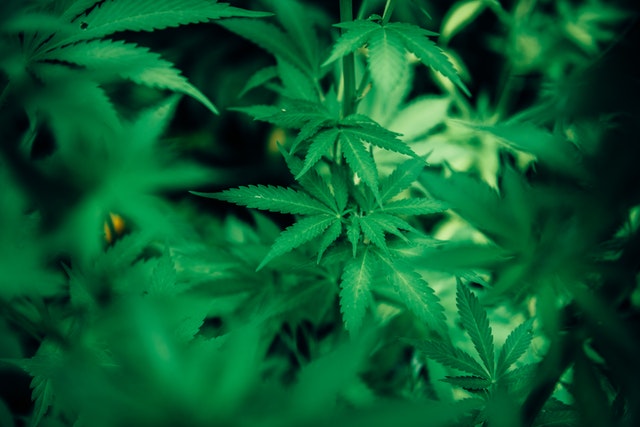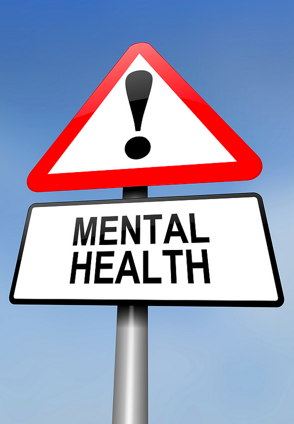Cannabis may ease symptoms, it also impacts Depression over time

 Smoking cannabis eases symptoms of depression, anxiety, and stress shortly after use, but depressive symptoms are likely to worsen over time,.....
Smoking cannabis eases symptoms of depression, anxiety, and stress shortly after use, but depressive symptoms are likely to worsen over time,.....
according to a study published online in the Journal of Affective Disorders.
The study, conducted by researchers at Washington State University in Pullman, analyzed data from nearly 12,000 entries on the Strainprint mobile app.
The app allows users of medical cannabis to track symptoms before and after use at home and to provide information about the type and quantity of cannabis used.
“Existing research on the effects of cannabis on depression, anxiety, and stress are very rare and have almost exclusively been done with orally administered tetrahydrocannabinol (THC) pills in a laboratory,” said lead author Carrie Cuttler, PhD, clinical assistant professor of psychology.
- “What is unique about our study is that we looked at actual inhaled cannabis by medical marijuana patients who were using it in the comfort of their own homes as opposed to a laboratory.”
One puff of cannabis high in cannabidiol (CBD) and low in THC was enough to reduce perceived depressive symptoms, researchers found. Over time, however, baseline symptoms of depression seemed to be exacerbated. Two puffs of any type of cannabis eased perceived anxiety among users, according to the study. The biggest reductions in stress were experienced after at least 10 puffs of cannabis high in both CBD and THC.
Two puffs of any type of cannabis eased perceived anxiety among users, according to the study. The biggest reductions in stress were experienced after at least 10 puffs of cannabis high in both CBD and THC.
“A lot of consumers seem to be under the false assumption that more THC is always better,” Dr. Cuttler said. “Our study shows that CBD is also a very important ingredient in cannabis and may augment some of the positive effects of THC.”
- While both men and women reported cannabis use decreased symptoms of depression, anxiety, and stress, women reported a significantly greater reduction in anxiety after use.
“This is to my knowledge one of the first scientific studies to provide guidance on the strains and quantities of cannabis people should be seeking out for reducing stress, anxiety and depression,” Dr. Cuttler noted. “Currently, medical and recreational cannabis users rely on the advice of bud tenders whose recommendations are based off of anecdotal not scientific evidence.”


